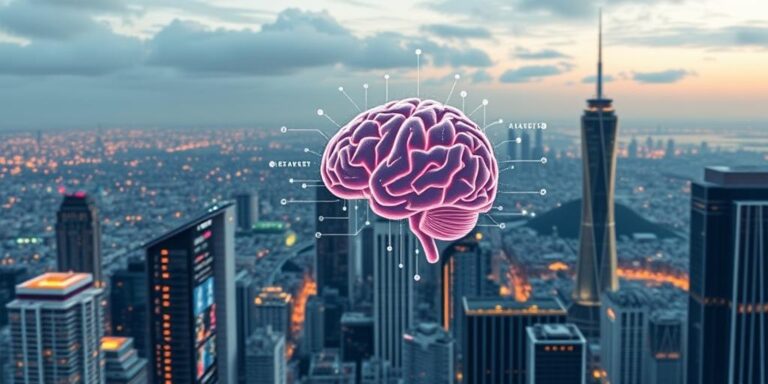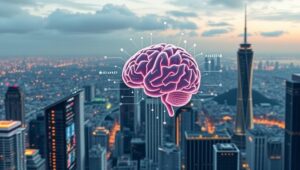AI-Assisted Refactoring and Code Modernization (2027)
In 2027, Artificial Intelligence (AI) has become an indispensable tool for refactoring and modernizing codebases. This article explores how AI assists developers in enhancing code quality, reducing technical debt, and accelerating software evolution.
The State of Software in 2027
By 2027, legacy systems continue to pose significant challenges for organizations. These systems, often written in outdated languages and architectures, are difficult to maintain, scale, and integrate with modern technologies. The demand for efficient code refactoring and modernization has never been higher.
AI-Powered Refactoring Tools
AI-driven tools analyze codebases to identify areas for improvement. These tools leverage machine learning algorithms to detect code smells, anti-patterns, and potential bugs. They can automatically suggest and apply refactoring transformations, such as:
- Simplifying Complex Code: AI algorithms can identify overly complex code blocks and suggest simplifications, making the code more readable and maintainable.
- Automated Code Reviews: AI-powered code review tools can automatically identify potential issues and suggest improvements, reducing the burden on human reviewers.
- Migration to Modern Languages: AI assists in translating code from legacy languages (e.g., COBOL, Fortran) to modern languages (e.g., Python, Java), reducing the risks and costs associated with manual migration.
- Optimizing Performance: AI algorithms analyze code execution to identify performance bottlenecks and suggest optimizations, improving application speed and efficiency.
Benefits of AI-Assisted Refactoring
- Increased Efficiency: AI automates many of the time-consuming tasks associated with refactoring, freeing up developers to focus on more strategic initiatives.
- Improved Code Quality: AI identifies and corrects common coding errors and anti-patterns, leading to higher quality, more reliable software.
- Reduced Technical Debt: By systematically refactoring codebases, organizations can reduce technical debt, making it easier to maintain and evolve their software.
- Faster Time-to-Market: AI accelerates the software development lifecycle, enabling organizations to deliver new features and products more quickly.
Challenges and Considerations
Despite the benefits, there are challenges to consider:
- AI Bias: AI models trained on biased data can perpetuate and amplify existing biases in code.
- Over-Reliance on AI: Developers must maintain a critical understanding of the code and not blindly accept AI-generated suggestions.
- Security Risks: AI-powered tools must be carefully vetted to ensure they do not introduce security vulnerabilities into the codebase.
Conclusion
In 2027, AI has revolutionized code refactoring and modernization. By automating many of the tedious and error-prone tasks, AI enables organizations to improve code quality, reduce technical debt, and accelerate software evolution. As AI technology continues to advance, its role in software development will only become more prominent.




